Canada’s 2025 snap federal election wouldn’t see power changing hands in Ottawa but it showed big changes, not just in the country’s politics but also because of outside events. Prime Minister Mark Carney’s Liberal Party won a fourth term in office, but they didn’t get a majority. This came amid massive mobilisation of Canadian voters to counter US President Donald Trump’s threat to annex Canada as America’s 51 state.
As Canadians nationally voted for someone who respond to Trump’s sovereignty threat, it its largest province Quebec, a party seeking independence scored big. The Bloc Quebecois became a possible key player in Parliament, showing that Quebec nationalism is still strong. Bloc Quebecois leader Yves-François Blanchet kept his seat in Parliament, putting his party in an important position to influence Canada’s political future.
Blanchet retains riding as bloc repositions
Yves-François Blanchet was re-elected in his riding of Beloeil–Chambly, even as his party saw a reduction in seats overall, from 33 at the dissolution of Parliament to a projected 25 in the new 343-member House of Commons, The Canadian Press reported.
Despite the losses, Blanchet reportedly described the night as one of mixed emotions, acknowledging the defeat of key Bloc candidates such as Alain Therrien, the party’s House leader, while emphasising the Bloc’s enduring relevance in the face of adversity.
According to reporting from The Canadian Press, Blanchet told supporters that the Bloc’s ability to hold its ground in the face of a Liberal surge demonstrated its importance in protecting Quebec’s interests.
Observers at the Montreal election gathering noted that the loudest cheers came not when the Liberals were declared victors, but when Bloc candidates such as Alexis Brunelle-Duceppe and Louis Plamondon were projected to win. This contrast highlighted the Bloc’s regional strength, even as it struggled to expand beyond its base.
Trump’s comments fuel national debate
The election unfolded under the shadow of provocative statements from President Trump, who used multiple platforms to suggest that Canada should become the 51st US state. On election day, Trump claimed on Truth Social that Canadians would benefit from annexation through economic advantages like tax cuts and business expansion, Firstpost earlier reported. These statements, although not backed by any legislative proposal, sparked widespread political condemnation in Canada and were framed by the Liberals as threats to national sovereignty.
Earlier, in an interview during the Super Bowl pre-show in February, Trump argued that the US lost $200 billion annually in trade with Canada, suggesting that this imbalance could be fixed by integrating Canada into the United States. Furthermore, in January, he reportedly warned that he would apply “economic force” to advance the idea of annexation, referencing the US’ role in protecting Canada militarily as justification.
Canadian political leaders responded swiftly and unanimously. Former prime minister Justin Trudeau rejected the suggestion outright, while former Quebec Premier Jean Charest characterised Trump’s comments as a “wake-up call” that should inspire Canadians to defend their autonomy.
Carney reportedly used Trump’s remarks as a campaign weapon, portraying them as a direct challenge to Canadian independence. The Liberal Party’s emphasis on defending national sovereignty played a key role in boosting their appeal among undecided voters, particularly in swing ridings around Montreal.
Bloc’s nationalism reignites Quebec identity politics
As external threats to Canadian sovereignty intensified the campaign discourse, the Bloc Quebecois seized the moment to reassert Quebec’s distinctiveness. During a campaign stop in Shawinigan, Blanchet was reported by The Economic Times to have referred to Canada as an “artificial country,” framing the Canadian Parliament as foreign and incompatible with Quebec’s national identity. He explained that he did not feel at home in Ottawa’s Parliament any more than Alberta’s Premier Danielle Smith would in Quebec’s National Assembly.
These comments generated immediate backlash. Nova Scotia Premier Tim Houston published an open letter denouncing Blanchet’s statements as offensive to Canadians across the nation.
As cited by The Economic Times, Houston questioned Blanchet’s commitment to Canada given his lengthy tenure as a federal politician. Leaders from across party lines also rejected the comments. Carney called Canada an “incredible country,” expressing pride in its legacy, while Conservative leader Pierre Poilievre described Blanchet’s remarks as “insulting and false”.
Amid mounting criticism, Blanchet clarified that his description of Canada as an artificial construct was not intended to offend but to highlight what he sees as a fundamental difference between Quebec and the rest of the country. He pointed to former prime minister Trudeau’s previous framing of Canada as a “post-national state” to underscore his point that Quebec, in contrast, sees itself as a nation grounded in identity and tradition.
Quebec’s sovereignty debate returns to the spotlight
The Bloc Quebecois, a federal party advocating Quebec’s independence, saw the 2025 election as a reaffirmation of the province’s distinct identity. The party’s mission is rooted in the Quebec sovereignty movement, which seeks to establish Quebec as a sovereign nation with control over its constitution, social policy and international agreements. Although referenda in 1980 and 1995 both failed, the movement remains a potent force in Quebec politics.
Blanchet’s comments and campaign rhetoric reinforced this tradition. Speaking to supporters in Val d’Or, he reportedly argued that Canada was more of a federation of disparate regions than a cohesive nation-state and insisted that Quebec alone represented a true nation.
As The Canadian Press reported, the party’s electoral base responded enthusiastically, with some supporters expressing concerns over perceived federal overreach, especially in areas such as healthcare and language protection.
Bloc’s strategic leverage in a minority parliament
Despite losing seats, the Bloc may wield outsized influence in Canada’s next Parliament. With the Liberal Party falling short of the 172-seat threshold needed for a majority, Carney’s government will depend on support from smaller parties to pass legislation.
The Bloc’s 23 projected seats position it as a potential swing vote, particularly if the Liberals cannot secure consistent cooperation from the New Democratic Party or Greens, The Canadian Press reported.
Blanchet, aware of this leverage, indicated that his MPs would act responsibly but would vote in accordance with Quebec’s interests. According to The Canadian Press, he said his party would evaluate each piece of legislation based on how it aligned with Quebec’s priorities and warned that the Liberals would need to respect those priorities if they sought Bloc support.
Blanchet also implied that the Bloc could strengthen Canada’s hand in negotiations with the US, stating that a government supported by Quebec’s sovereigntist voice might inspire other nations facing similar challenges with powerful neighbours.
While some might view this as paradoxical—suggesting national unity through a party that seeks to break from the nation—it underscores the complex dynamics at play in Canada’s federal system.
A nation strained but not broken
The 2025 federal election marked a turning point in Canadian politics, where external provocations and internal identity debates collided. President Trump’s annexation rhetoric, though unserious in policy terms, injected urgency into the campaign, allowing the Liberals to position themselves as defenders of Canadian sovereignty. Carney’s minority victory was, in part, a reaction to this perceived threat and it granted him a renewed mandate without full control.
At the same time, the Bloc Quebecois demonstrated that the question of Quebec’s future within—or apart from—Canada remains unresolved. Blanchet’s controversial remarks reignited the sovereignty debate revealing deep fault lines in the Canadian federation. With 25 seats and a pivotal role in Parliament, the Bloc may shape the direction of national policy even as it questions the legitimacy of the very structure it participates in.
Canada’s political fabric, while tested by both internal dissent and external antagonism, has proven resilient. However, the presence of a sovereigntist party holding the balance of power in a time of heightened nationalist tension raises enduring questions about identity, unity and the future of the Canadian project.


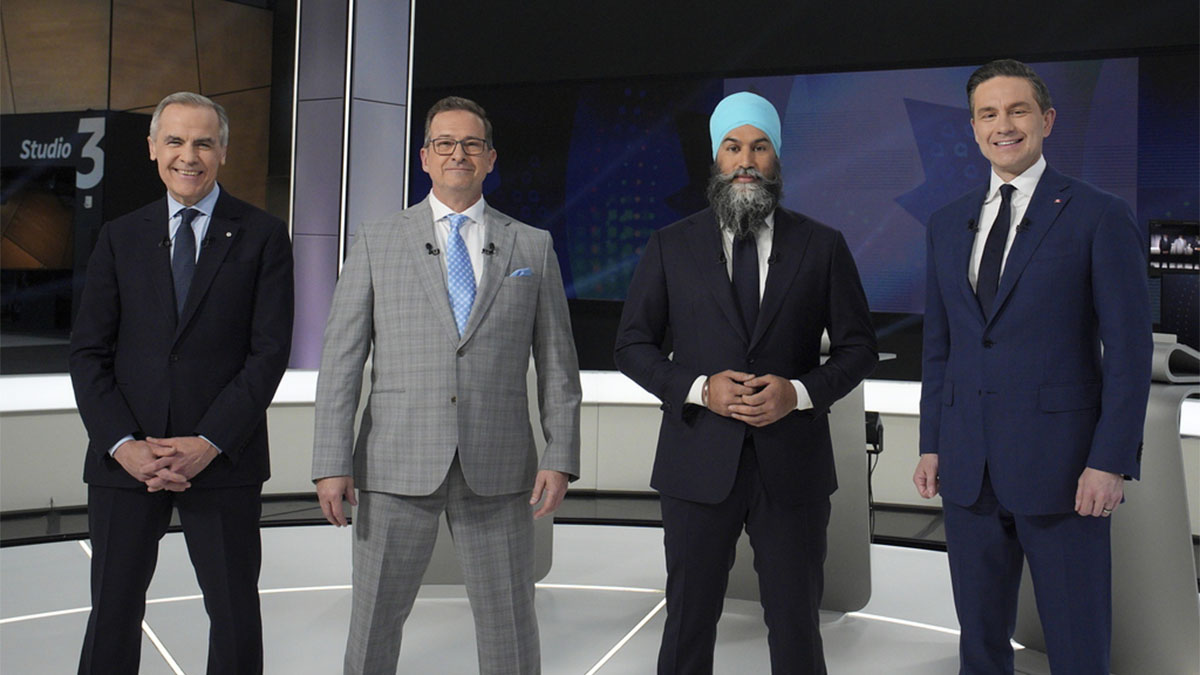)
)
)
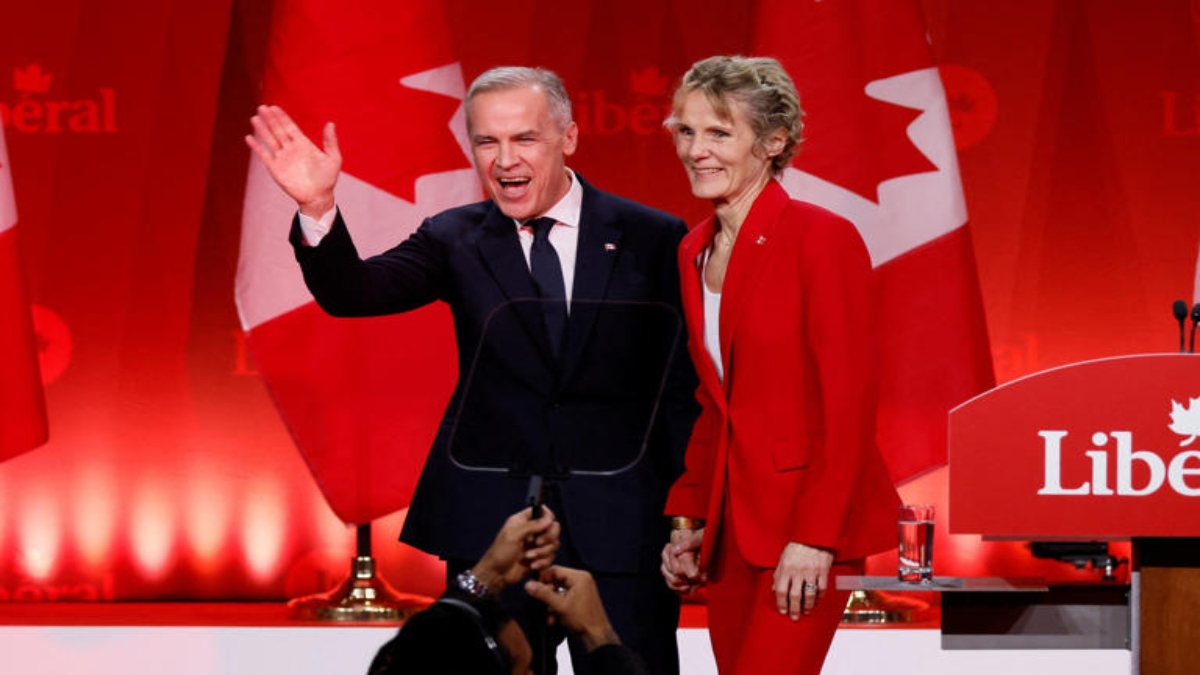)
)
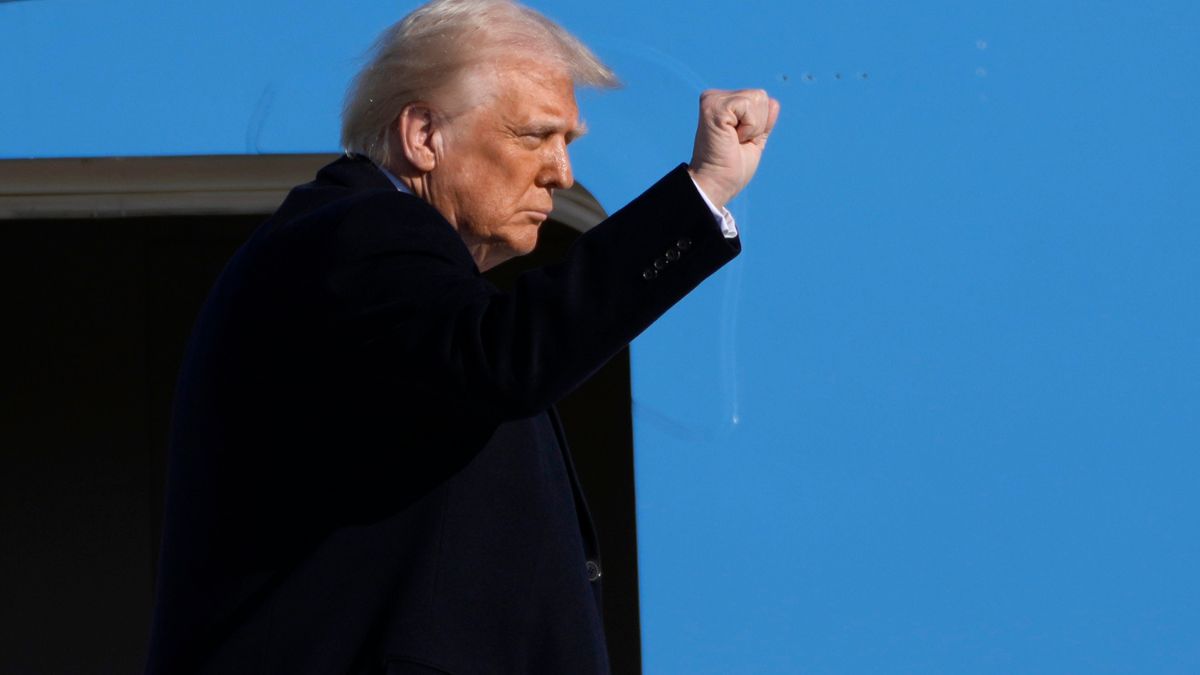)
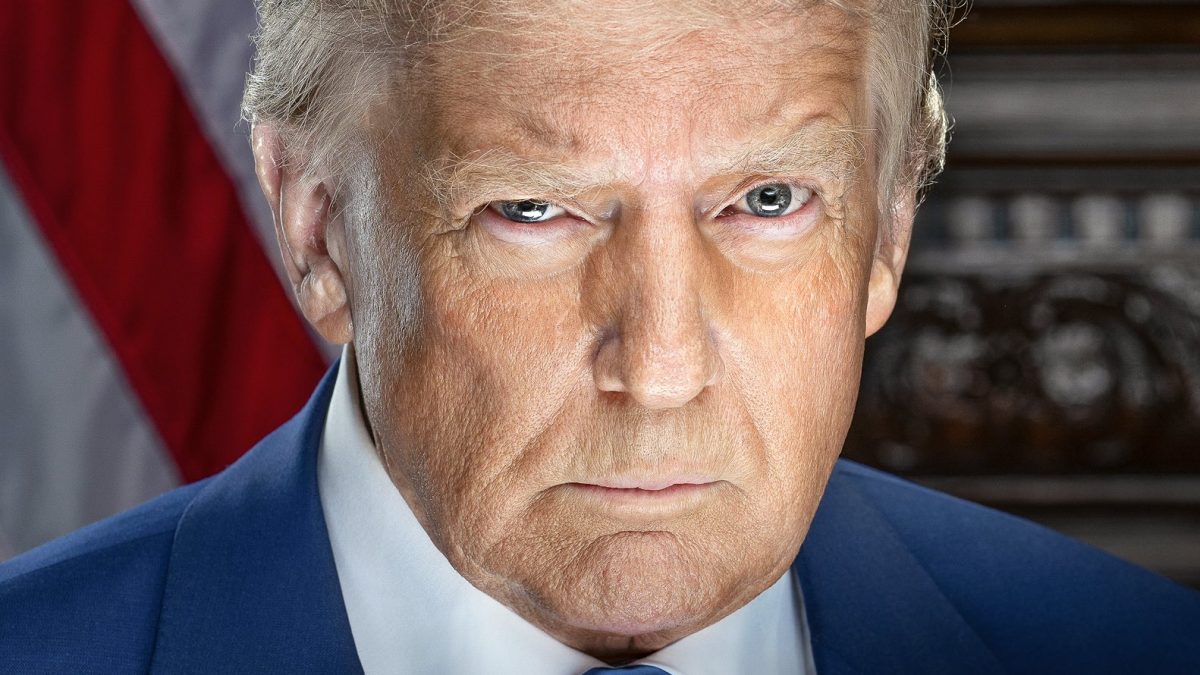)
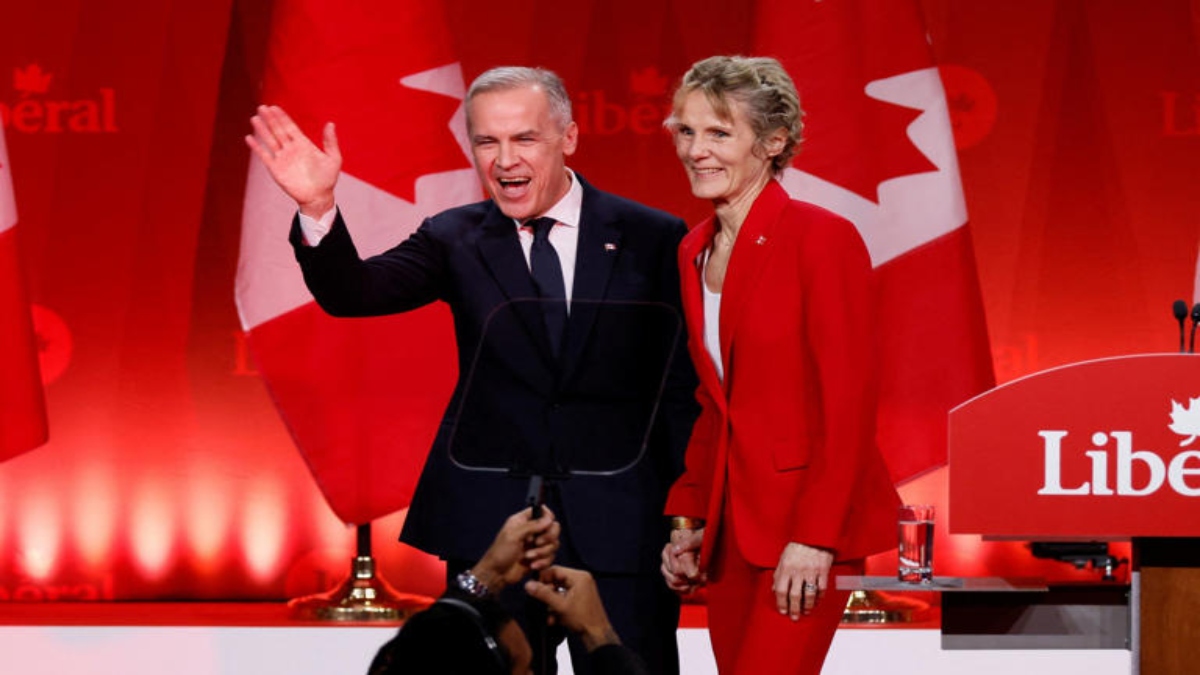)
)